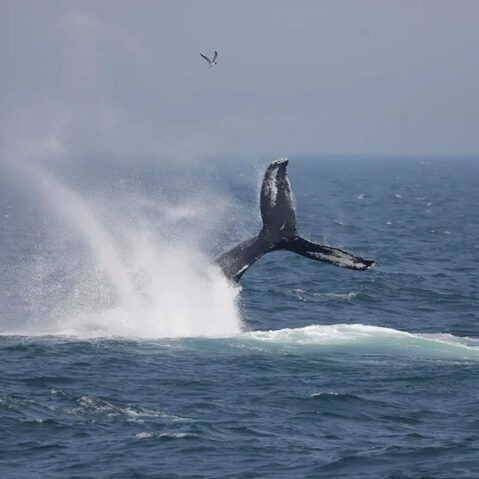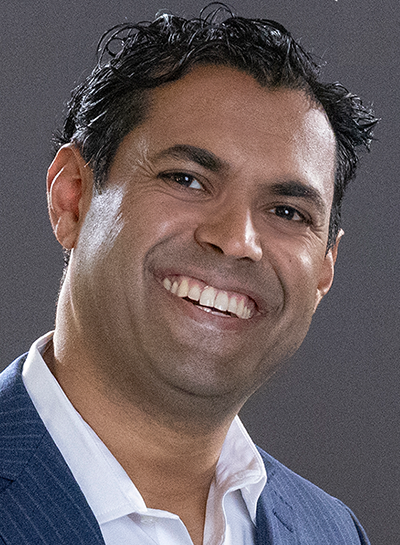
Italian American Heritage and Culture Month Celebrated in Long Branch
October 5, 2024
Local Obituaries
October 7, 2024Funding Will Help Safeguard Fisheries and the Proposed Hudson Canyon Marine Sanctuary, Ensure Responsible Offshore Wind Development

Monmouth University photo

Testing water quality
Monmouth University Photdo
West Long Branch – Congressman Frank Pallone (NJ-06) has secured $750,000 in federal funding for Monmouth University’s Urban Coast Institute. This groundbreaking initiative will bolster environmental protection efforts while addressing public concerns surrounding offshore wind development along the Jersey Shore.
The project, led by Monmouth University’s Urban Coast Institute in partnership with Rutgers University and the NOAA James J. Howard Laboratory, will focus on cutting-edge environmental monitoring and sustainable energy development. One of its key objectives is to establish best practices for monitoring offshore wind sites to minimize conflicts with marine life and preserve critical habitats. This framework will be essential in advancing New Jersey’s leadership in offshore wind energy, while prioritizing ecological sustainability.
“Securing this funding ensures that as New Jersey invests in offshore wind, we minimize conflicts with marine life and prioritize environmental protection,” said Pallone. “This project will leverage the expertise of Monmouth University, Rutgers, and NOAA to protect our coastal resources while reducing the state’s carbon footprint for the long term. Offshore wind is essential for New Jersey’s clean energy future, and this initiative will help ensure that we develop it responsibly.”
Formally named Urban Ecosystem Approach to Human Impacts in the NY/NJ Bight, the initiative will focus on:
- Non-invasive monitoring techniques: using cutting-edge technology such as environmental DNA (eDNA), acoustics, and optics to track marine life without disruption.
- Habitat modeling and climate forecasting: enabling scientists to predict and mitigate the impacts of offshore wind development on sensitive coastal ecosystems.
- Public involvement and transparent data sharing: ensuring that stakeholders have access to the information needed to understand the environmental impacts of offshore wind development.
With access to NOAA Howard Laboratory’s advanced facilities, including state-of-the-art seawater systems and chemical analysis tools, the research team will be well-equipped to conduct thorough environmental assessments. The project also will support the proposed Hudson Canyon Marine Sanctuary, which is undergoing the federal designation process and protects one of the most diverse and biologically rich areas in the NY/NJ Bight.
Pallone emphasized the importance of offshore wind in combating climate change, but he noted that its development must go hand in hand with protecting coastal ecosystems. “This project not only strengthens our clean energy infrastructure but also ensures that we are responsible stewards of our environment, which is vital for both our economy and quality of life.”
“Innovative and non-extractive ecosystem monitoring techniques such as eDNA and acoustic telemetry are essential tools for monitoring potential impacts of offshore wind over the large spatial and temporal scales involved,” said Professor Jason Adolf of Monmouth University. “President Leahy and I are thankful for Congressman Pallone’s support and excited for Monmouth University to utilize the funding to build on our strengths in these monitoring techniques, while ensuring the health of our coastal ocean as we undertake this exciting transition from fossil fuels to sustainable sources of energy like offshore wind.”
The funding for this project was requested by Pallone in the Fiscal Year 2025 annual spending bill. Each year, members of the U.S. House may request 15 community funding projects in their district to direct federal resources toward the biggest needs in their communities.





